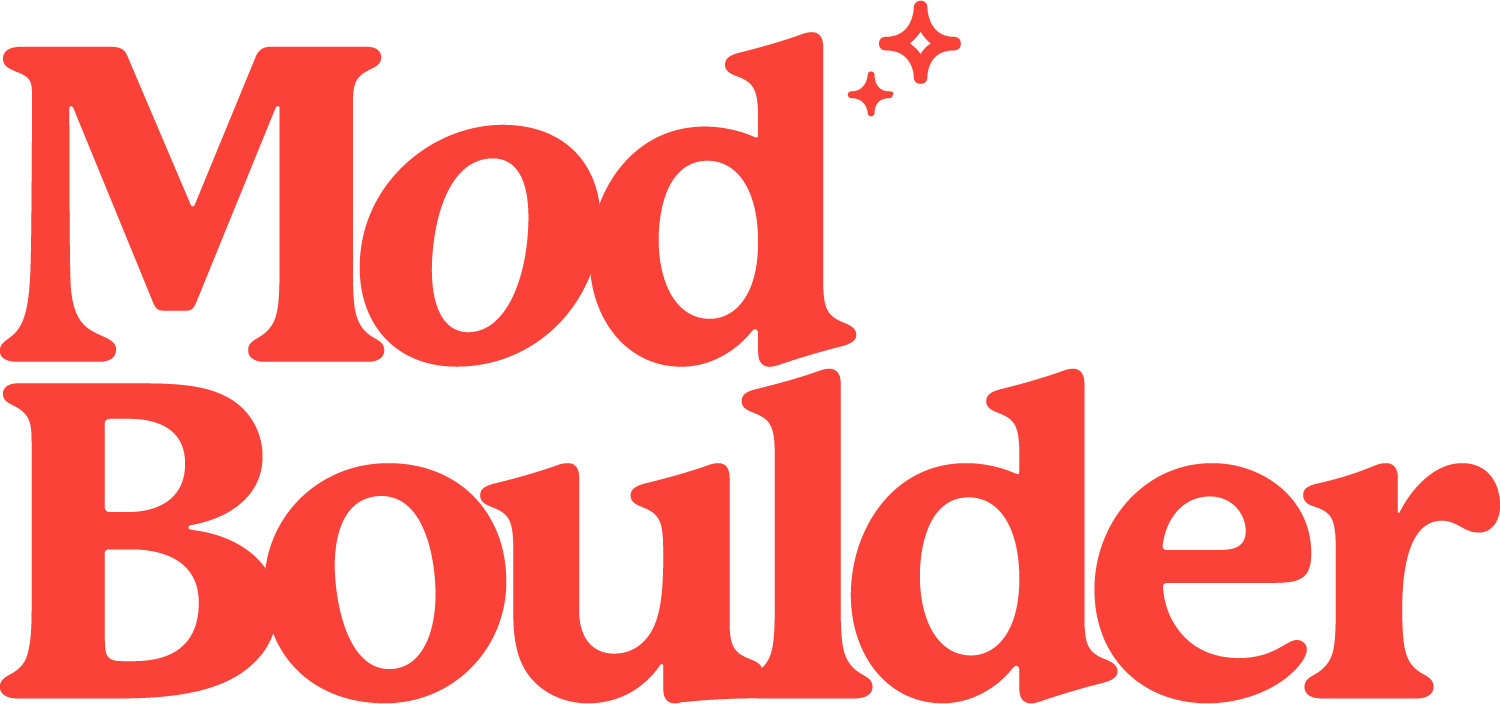Demystifying Mortgages
When purchasing a home, most of us require a mortgage—a process that can be tedious, confusing, and downright daunting. But with a little rudimentary knowledge, you can relieve some of the mystery and find more confidence as you navigate the transaction. While this information can help you better understand the loan process, it’s not a replacement for advice from a mortgage specialist.
First, some preliminary vocabulary. There are five conditions that span all loan types: down payment, source of funds, seller contributions, credit scores, and mortgage insurance.
The down payment is the sum of money that a buyer contributes, which represents a portion of the total purchase price. Think of the down payment as your “skin in the game”. The remaining amount will be financed under the loan.
Source of funds refers to where your down payment comes from. Why do lenders care where the money comes from? Because lenders want to ensure that your income along with any additional assets are legitimate, and not a part of a loan or other debt obligation.
Sometimes, the seller may agree to pay a percentage of the total closing costs. Seller contributions are any closing costs that the seller has agreed to pay.
A credit score is a numerical assessment based on an analysis of a borrower's credit files, representing the creditworthiness of the borrower. A credit score is primarily based on a credit report, typically sourced from credit bureaus. Lenders use credit scores to evaluate the potential risk posed by lending money to consumers and to mitigate losses due to bad debt.
Mortgage insurance is an insurance policy paid by the borrower that protects a lender should the borrower default on payments, pass away, or otherwise be unable to meet the contractual obligations of the mortgage. Most often, mortgage insurance is required when the down payment is less than 20 percent of the purchase price.
Conventional Loans
Conventional loans are mortgage loans that are not backed by a government agency. These loans follow lending rules set by the Federal National Mortgage Association (Fannie Mae) and the Federal Home Loan Mortgage Corporation (Freddie Mac).
Conventional loans are originated and serviced by private mortgage lenders like banks, credit unions, and other financial institutions. If you qualify for a conventional loan, your interest rate will largely depend on your credit score and overall credit history. The better your credit is, the less you'll pay in interest over the life of the loan. Conventional loans typically run for 30 years, but it's possible to qualify for a 15- or 20-year conventional mortgage loan.
Conventional loan highlights:
Down Payment: 5 percent minimum. Some programs allow a 3 percent down payment but require a 620 credit score. If it’s an investment property, 15 percent down payment is minimum.
Source of Funds: 100 percent gift funds allowed. A minimum borrower contribution from the borrower’s own funds is not required.
Seller Contributions: Limited to 3 percent.
Minimum Credit Score: 620; however, interest rate adjustments are made for any score below a 720.
Mortgage Insurance: Depends on the loan-to-value ratio.
FHA Loans
An FHA loan is a mortgage insured by the Federal Housing Administration (FHA). Many first-time homebuyers choose FHA loans because they can’t qualify for conventional financing due to credit issues or a lack of down payment savings. Since 1934, the FHA has helped millions of renters become homeowners by insuring mortgages offered by FHA-approved lenders. The insurance allows lenders to make loans to borrowers with less-than-perfect finances, and recoup the lenders’ losses if a borrower can’t repay the loan.
FHA Loan Highlights:
Down Payment: 3.5 percent minimum. Some HUD foreclosures allow $100 down payment.
Source of Funds: Own funds, gift, secured loan, first time homebuyer grants.
Seller Contributions: Up to 6 percent, but can’t include any part of the down payment.
Minimum Credit Score: 580.
Mortgage Insurance: Depends on the loan-to-value ratio and loan terms.
VA loans
A VA loan is a mortgage offered through a U.S. Department of Veterans Affairs program. VA loans are available to active and veteran service personnel and their surviving spouses, and are backed by the federal government but issued through private lenders.
VA loan highlights:
Down Payment: No down payment required.
Source of Funds: Own funds and homebuyer assistance programs.
Seller Contributions: Limited to 4 percent.
Minimum Credit Score: 580.
Mortgage Insurance: No mortgage insurance, just a funding fee that adjusts depending upon how many times you’ve used your VA eligibility.
If you're trying to decide between a conventional loan and a government-insured loan, the right one for you depends on your financial situation. If you have high credit scores of at least 740 and you can afford to make a 20 percent down payment, a conventional mortgage may offer the best interest rate and lowest fees. If your credit scores are currently low, you may find it easier to obtain an FHA-insured loan. Just keep in mind that FHA-insured loans charge their own form of mortgage insurance, called the mortgage insurance premium, that includes an upfront fee and ongoing charges that add to your mortgage cost.
Now that we’ve walked through the mortgage basics together, hopefully you feel more informed and confident in choosing the mortgage path that’s right for you.

